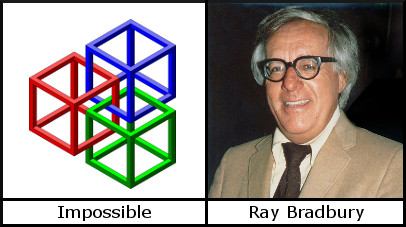Ralph Waldo Emerson? G. B. Emerson? Charles Gordon Ames? Anonymous?
Question for Quote Investigator: The well-known lecturer and philosopher Ralph Waldo Emerson has been credited with a provocative remark about reading and memory:
I cannot remember the books I’ve read any more than the meals I have eaten; even so, they have made me.
I have not found a convincing citation for Emerson. Are these really his words?
Reply from Quote Investigator: QI has not yet found convincing evidence that Ralph Waldo Emerson spoke or wrote this statement. He died in 1882, and the earliest strong match located by QI appeared in “The Harvard Graduates’ Magazine” issue of June 1896 within an article about a Harvard Divinity graduate and prominent Unitarian clergyman named William Henry Furness who had died earlier in the year. The piece reviewed the life and accomplishments of Furness who was born in 1802 and attended Harvard in the early 1820s. Boldface has been added to excerpts:1
Whatever impressions were made on the student’s mind by the courses of instruction, hardly a trace of them appears in his later authorship. Yet this may only imply thorough assimilation; for he can never be classed among those who have gone forth from classic halls to afflict mankind with the bad breath of ill-digested scholarship. “I have forgotten the books I have read,” said Emerson; “and so I have the dinners I have eaten; but they both helped make me.”
The paragraph preceding the passage above mentioned that G. B. Emerson was a tutor at Harvard while Furness was a student. Hence, it was conceivable that the ambiguous term “Emerson” referred G. B. Emerson instead of the better known Ralph Waldo Emerson (R. W. E.). On the other hand, the author of the article, Charles Gordon Ames, used “Emerson” to refer to R. W. E. in a later section. In addition, a quotation from R. W. E. would fit because Furness and he maintained a lifelong friendship that extended back to their days at Boston Latin School.
Here are additional selected citations in chronological order.
Continue reading “Quote Origin: I Have Forgotten the Books I Have Read and the Dinners I Have Eaten, But They Both Helped Make Me”
